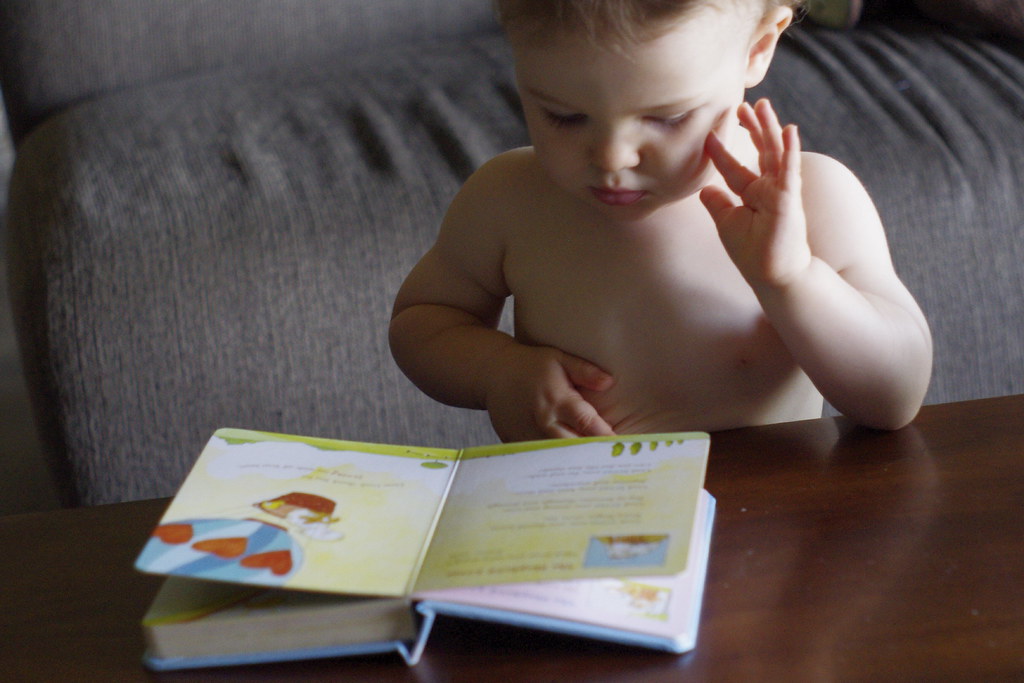Growing up, it wasn’t uncommon to spend countless hours reading—getting lost in novels of mystery, fantasy, or for those so-inclined, a complex Greek philosophical classic (I personally preferred the Magic Tree House series, but to each their own). As life progressed, I personally noticed a transition from reading for enjoyment to reading because I had to. This became a dilemma I sought to overcome.
It wasn’t until my last year of undergrad that I began reading for enjoyment again. It was at this point that I truly realized how powerful words could be, and I don’t mean that in the banal platitude we often hear as, “Wow! There was this great quote.” I mean that reading gives us insight into what ultimately makes us unique as humans – written and spoken language. Language gives us a chance to see through the eyes of others, to feel through their hearts, to experience the same breaths of air that course in their lungs. Language is the physical manifestation of our capacity to think and to feel. It gives us the opportunity to be inspired on the deepest level.
This is not some novel concept that I nor any thousands of others came up with while reading or writing, but take a second to really think about that notion—What does the ability to use language give to us? One could simply say that language gives us access to ideas, but solitary ideas do not hold much weight until they are interpreted and acted upon. Language is what allows us to translate ideas from what is marginally figurative or imaginary into a reality – it is a means of spreading knowledge. Through language and thought, we have the ability to communicate with each other. It gives us the capacity to reason abstractly, solve complex problems, and to convey our most meaningful experiences to one another.
Even after continually exploring language through reading, writing, and discussion, I still feel a void in finding where my biggest questions lie. How can we find deep meaning in ideas gained from others and apply them to our own lives? Is that, after all, not what the human experience is about? The more I learn, the more I start to see that the answers to these questions lie within our own perceptions of others’ ideas. That is what makes language beautiful. We need to interpret the language we encounter in our own ways to fully see, feel, and experience the ideas of others.
We know that human knowledge is never contained in one singular space or person. It is, rather, the culmination of experiences infinitely spread throughout time and space. I encourage you, as a wise old sage would, to go out and explore language—read, write, and speak. Go feel what is unable to be empirically measured. Smile the biggest you’ve ever smiled. Feel the warmth that love brings you in your heart. Cry and experience the deepest pain that can bring you to your knees, but moreover stand back up and jump along with the peaks of joy which come along with it. Most importantly, think. Create your own ideas from the those of others. Strive against the never-ending asymptote that is knowledge, and never stop chasing more; it is the pursuit itself which we should aim for. Learn something every day and seize every opportunity. Enjoy it all, read anything and everything, speak with others, and forge new relationships through ideas. Feel what makes us human, and most importantly, share the knowledge amongst all. Appreciate what makes us, us.
Aaron Tran is a member of The University of Arizona College of Medicine – Phoenix Class of 2023. He graduated from Arizona State University in 2018 with a degree in Kinesiology. In his spare time, he enjoys training Brazilian Jiu-jitsu, bodybuilding, playing guitar and piano, and hanging out with his labrador retriever, Rex, outdoors.
For questions, concerns, or discussion: atran13@email.arizona.edu


